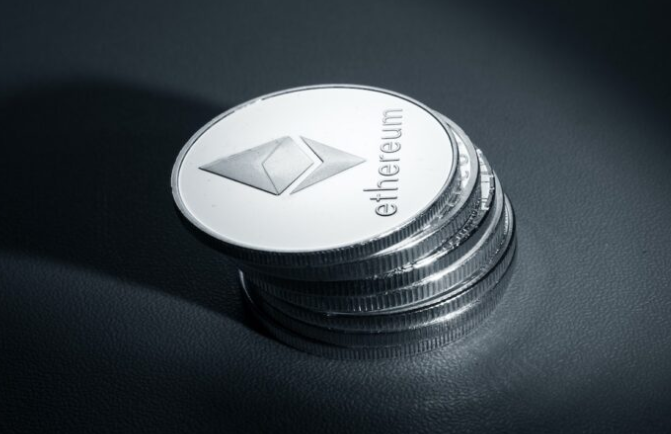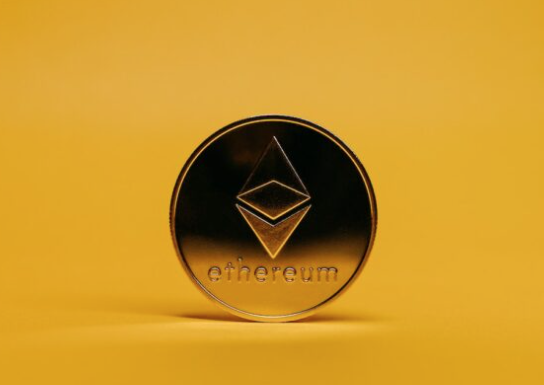One of the major developments in the cryptocurrency industry was the Ether merger, which decreased energy use by 0.2%. The network's CO2 emissions decreased dramatically, from roughly 11 million tons annually to less than 870 tons, according to the CCRI analysis. The merging is a distinctive enhancement that took many years of study and effort to execute. The action is the greatest decarbonization event in technical history, demonstrating how technological innovation can greatly cut emissions and promote a healthier environment. The merger is only the first stage in a strategy to make Ether more reliable and sustainable. In addition to benefiting the environment, the merger may draw more investors into the bitcoin market because it allaies environmental worries.

Additionally, this change offers new business prospects. The Ether ecosystem has advanced to the point that the network has a variety of real-world applications, as evidenced by a study by the Ether Enterprise Alliance. Businesses appreciate the network because it has a variety of applications; for instance, they may utilize Ether as a payment option. For businesses, the updated version of Ether provides more privacy and improved scalability. The shard chain can lessen network load and boost transaction performance by switching from PoW to PoS. Prior to the merger, Ether could not do this. Let's examine Ether's post-merger evolution in more detail and what this means for the business.
Remove a Barrier to Participation in the Transaction
The merger modifies the fundamental criteria for individuals wishing to participate to the transaction validation. Validators invest at least 32 ETH into a specific contract in order to process transactions and contribute to network security.
Technical know-how is still required, but specialist equipment is no longer essential to purchase Ether. But since you can't verify if you don't know how the blockchain operates, it's important to educate yourself. To accomplish this, you should look at exchanges like Binance to learn the current Ether price and how the network functions. You are then prepared to join the Ethereum ecosystem if you have sound understanding, a moderately powerful machine (such a consumer laptop), and a reliable internet connection.
More Environmentally Sustainable
The PoW consensus mechanism's extensive consumption of computational resources is eliminated by the merging. Users can stake ETH and join other participants in the network who now employ PoS to validate transactions on the blockchain. It is more environmentally beneficial for Ether to be used for wagering since it consumes less computational power, less electricity, and has a smaller carbon impact.
Businesses who are hesitant to use cryptocurrency owing to climate concerns are drawn to this greater sustainability. The combination might provide a lot of chances in the bitcoin sector and is a crucial step toward making blockchain and digital assets more environmentally friendly.
Increases the Security of Transactions

Because they are valuable assets, fraudsters are drawn to cryptocurrencies. Many cybersecurity hazards, like ransomware and phishing, can jeopardize the protection of your digital assets. Fortunately, even when the network employs the PoW technique, ethereum has a reputation for providing superior security. The merger, however, raises the bar for security because holders of ETH may now guarantee transactions by using their currency as collateral. Due to the difficulty of bad actors holding the majority of the ETH that is pledged, fraudulent transactions cannot be verified on the blockchain as a result. Additionally, the malevolent attacker will still lose Ether if fraud happens. Verifying transactions differently is a crucial step for organizations in improving risk-mitigation for digital assets.
Bringing About Changes in Revenue Generation
Validators earn more ETH before a merger by placing bets on the ETH they currently own as they approve transactions from other participants. This is distinct from a blockchain using the proof-of-work (PoW) algorithm, where you may earn money by using your processing power.
This return has been more reliable as Ether has grown, and it now serves as a benchmark for many financial products in the ecosystem. A new stream of investment income does, however, carry with it new dangers, tax problems, and compliance demands. Therefore, businesses considering this course of action should make sure they have the necessary systems in place to assist limit critical risks like fraud and maintain compliance with tax laws and regulations.

Conclusion
Without a question, ether has the potential to help businesses thrive in a variety of ways. The usage of ether may be quite advantageous for certain industries, including the banking sector. Numerous sectors have already been transformed by blockchain technology, and the business world may soon see even more advancements in this direction.





